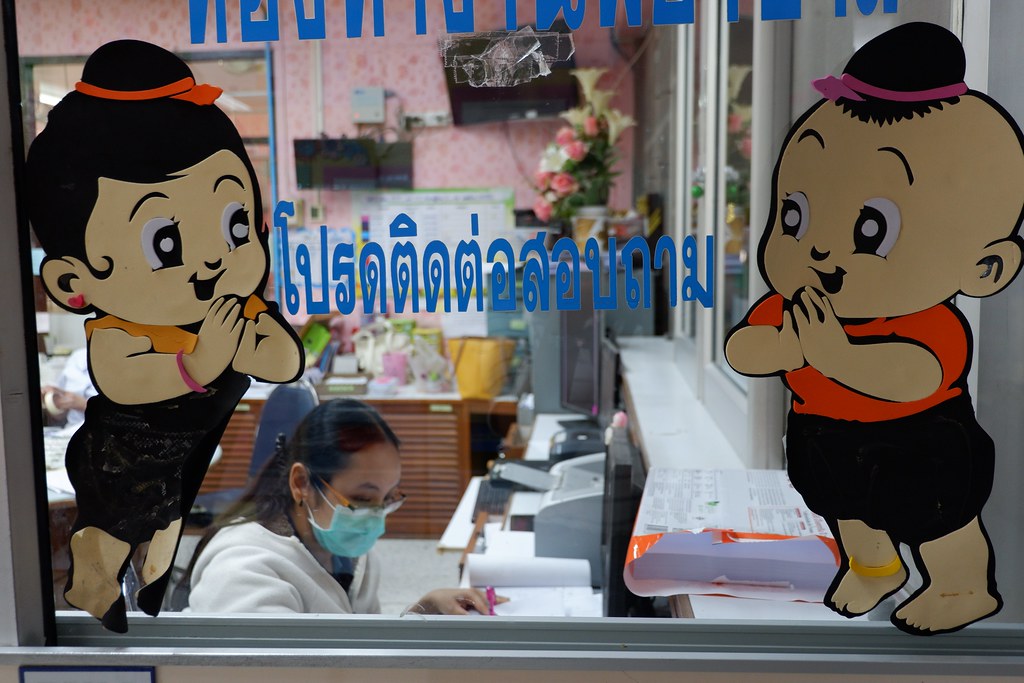Health Officials Plan Home Isolation Scheme
Share:

Health officials in Thailand are currently mulling over a plan that will allow patients of COVID-19 with mild symptoms or those who are asymptomatic to isolate themselves at home instead of being admitted to the hospital.
The plan will allow patients who are younger than 40 years old to avoid being confined to a hospital if they develop no symptoms, or they only have mild symptoms. Instead, they will be confined to their residence or accommodation with their consent. If applicable, building managers must also provide their consent for the patient.
Home isolation is only possible as well if the patient has no comorbidity like chronic obstructive pulmonary disease, chronic kidney ailments, coronary artery disease, stroke, obesity, or any other conditions that their doctors can deem as risks for home care.
These patients will be visited regularly by attending physicians regularly for the mandatory 14-day isolation. Should symptoms develop, the doctor has the authority to admit the patient to the hospital.
The plan will require hospital staff to be very meticulous at scrutinizing whether a patient should be allowed to undergo self-quarantine or not.
Health officials, however, clarify that it is still a plan and is not yet needed given the current conditions in hospitals. Authorities claimed that there are still 3,000 beds available for future COVID-19 cases.
Rather, they are formulating the plan to have a contingency plan in place in advance given the currently ongoing third wave of the pandemic. This plan will enable authorities to take quick action if the situation deteriorates.
“We’re making preparations for the home isolation programme but it is not yet implemented,” Dr. Somsak Akksilp, director-general of the Department of Medical Sciences, said.
Hospitalization continues to be mandatory for all patients with COVID-19, but he said that mild and asymptomatic cases for now are referred to field hospitals. The home isolation program will act as a backup just in case all beds in field hospitals are occupied.
Dr. Somsak also said that long queues of patients at hospitals are actually caused by fears over the third wave, and are not indicative of a shortage in hospitals beds. Even then, the DMS chief said that the government is already coordinating actions intended to address that issue.
“We have a total of 9,317 beds, an increase from 6,000-7,000 beds. About 3,000 beds are still available,” he concluded.
Dr. Somsak added that the government is currently procuring more emergency vehicles that can be used to transport patients to hospitals across the country. He acknowledged that the insufficient number of patient transport vehicles is a major factor in long queues in hospitals and other medical institutions.
Thailand is currently a third wave of infections. These cases have been observed to originate in three entertainment districts in Bangkok and have since spread to nearly 70 provinces in the Kingdom.
The Center for COVID-19 Situation Administration on Monday reported 1,394 new cases, which is lower than the record-breaking 1,767 cases recorded on Sunday.
Monday also saw the addition of three new fatalities to the death toll, which is now at 104.
Source:
BangkokPost